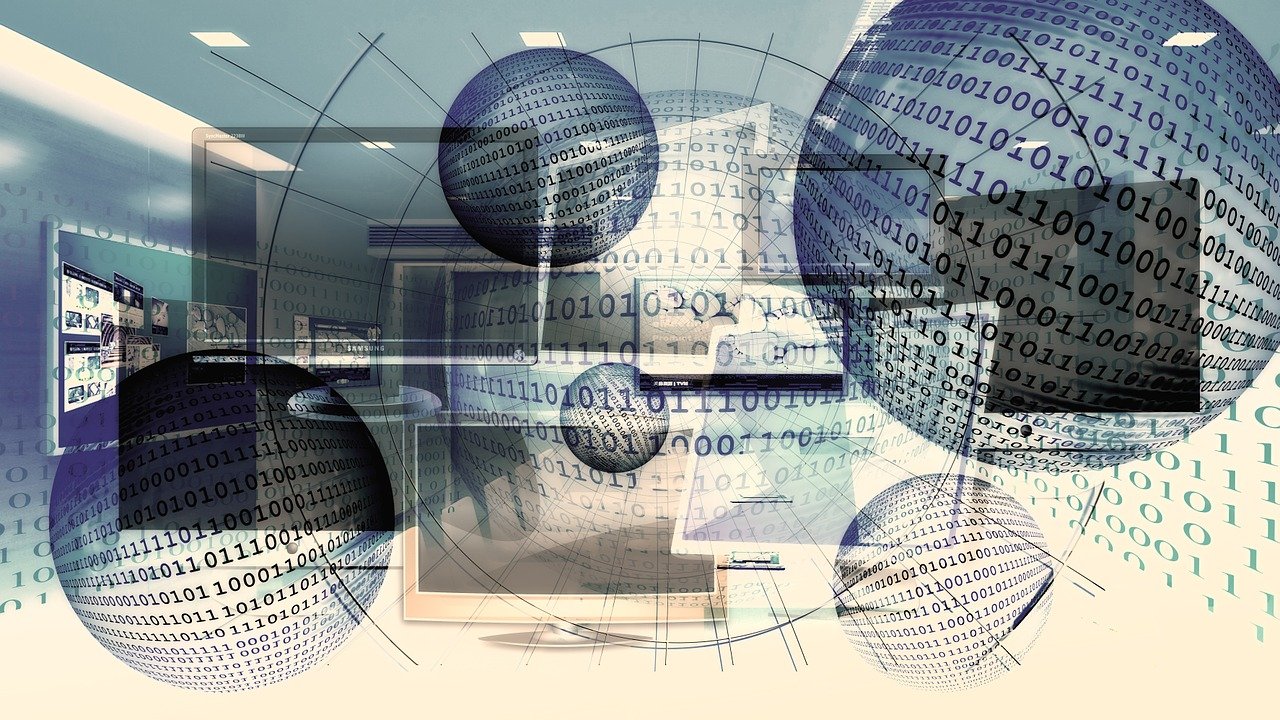Year: 2021

What happens to valuable social media accounts on divorce?
Unless you’ve been hiding under a rock for the last few years, it’s been hard to miss the rise of the so-called “influencer”. An influencer, is typically thought of as a person who has built up a sizable social media following, which lends them the power to affect the purchasing decisions of others. They have […]
Read More
An internet primer: connectivity
We discussed in the first article in this series how our internet service provider (ISP) connects us to the internet. Here we look at how we connect to each other and our ISP and what other technologies are at work influencing our internet connectivity and experience. Modems and routers A modem (modulator-demodulator) converts data from […]
Read More
Facebook flexes its muscles down under
Australia announced its News Media and Digital Platforms Mandatory Bargaining Code in 2020. The aim of the code is to force specified digital platforms (currently Google and Facebook) to pay news media outlets (notably the Murdoch press) in respect of any links hosted on these platforms which point to news content. At first this may […]
Read More
Uber contractors are workers: a blow to the gig economy?
Uber drivers have by the company been treated as fully self employed contractors, as opposed to workers or employees. Uber has always argued that it merely provides a software platform rather than running a fully fledged taxi service – similar to the stance of social media companies that they are platforms rather than publishers. But […]
Read More
The Digital Services Act: changing the rules of business
The latest policy initiative to come out of the European Union towards the provision and regulation of digital services in the market place is the Digital Services Act (DSA) and its sister piece of legislation – the Digital Markets Act (DMA) – which seeks to build upon , expand and evolve the reach of the […]
Read More
The Internet Newsletter for Lawyers in 2021
Big changes here at infolaw Towers! The Internet Newsletter for Lawyers is now an online-only publication. The Newsletter has been published bi-monthly in print and pdf since the late 90s and online on the infolaw website since 2007. But the time has come for us to concentrate our efforts on our online services. We have […]
Read More
An internet primer: web addresses and web pages
URLs A Uniform Resource Locator (URL), colloquially termed a web address, is a reference to a web resource that specifies its location on a computer network and a mechanism for retrieving it. A URL is a specific type of Uniform Resource Identifier (URI), although many people use the two terms interchangeably. The most common URLs […]
Read More
Facebook moves UK users from EU to US terms
Facebook has announced that it will be moving all its users in the UK into user agreements with the corporate headquarters in California. Currently they have user agreements with the Irish subsidiary of Facebook, which are governed by EU law. Facebook claims the reason for this change is due to Brexit: “Like other companies, Facebook […]
Read More
Online Safety Bill upcoming
We previously reported on the Online Harms White Paper in 2019, in which the government set out various proposals to reduce illegal and harmful online activity. The government has now published its full response to the consultation process. The government plans to take forward most of its original proposals, in the form of a forthcoming […]
Read More
Regulating deepfakes using performers’ rights
On Christmas day, two speeches by the Queen aired on UK television. But only one was real. The real speech was delivered by the monarch herself and aired on the BBC, as is customary. The second was a parody performed by a “deepfake” of the Queen, and broadcast by Channel 4. Hundreds of viewers are […]
Read More
Artificial Intelligence and the Legal Profession
How are new technologies changing the practice of law? With examples and explanations drawn from the UK, US, Canada, Australia and other common law countries, as well as from China and Europe, this book considers the opportunities and implications for lawyers as artificial intelligence systems become commonplace in legal service delivery. It examines what lawyers […]
Read More